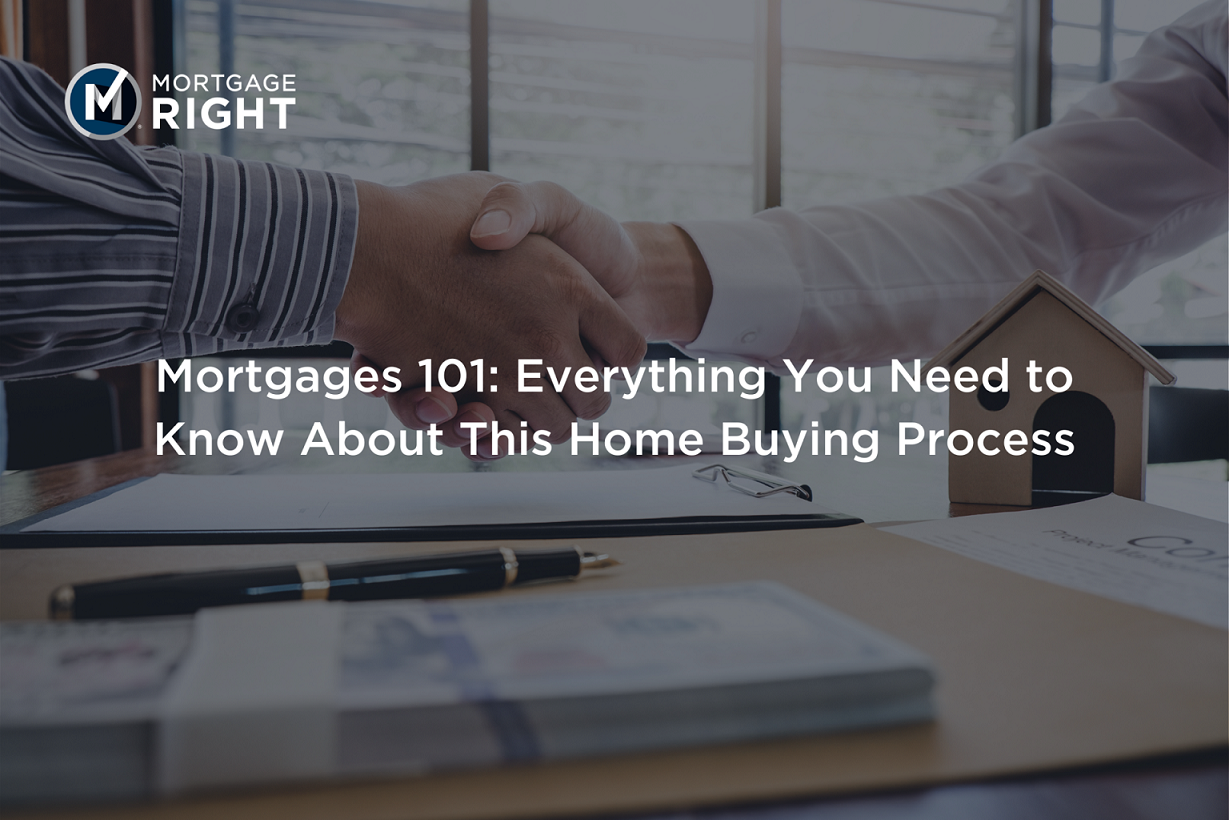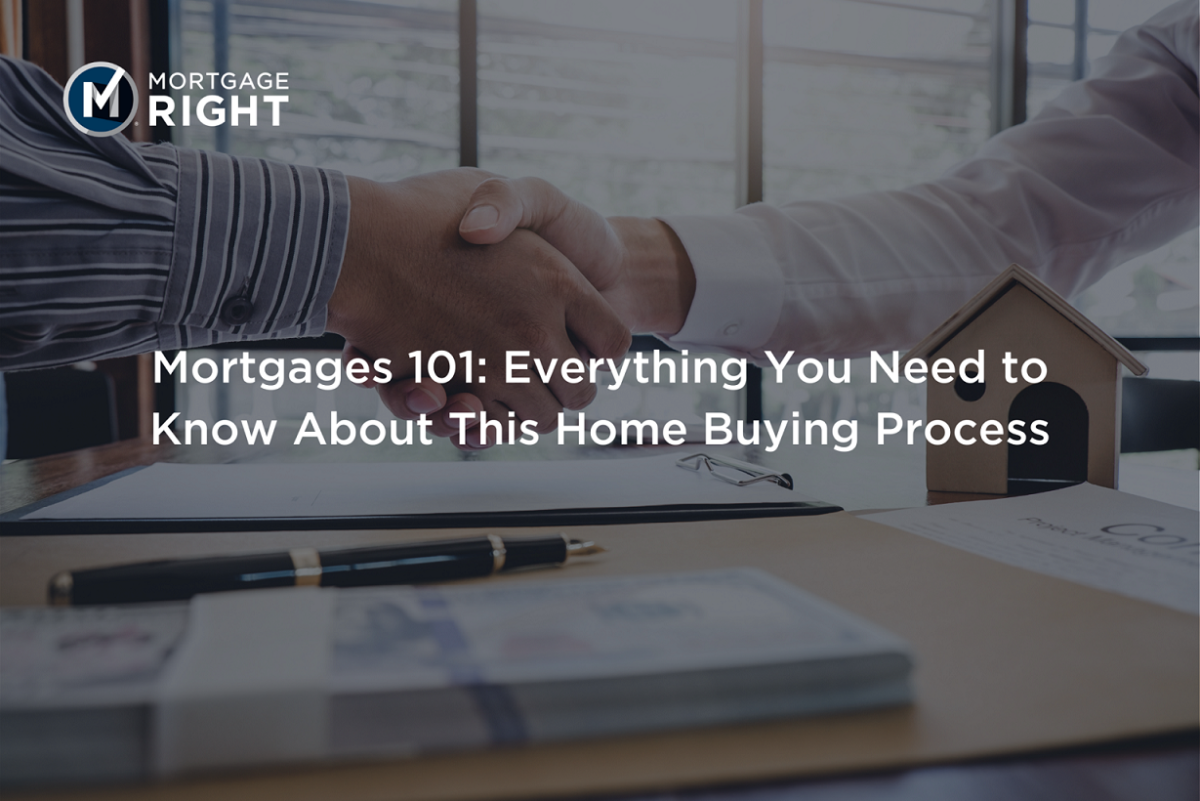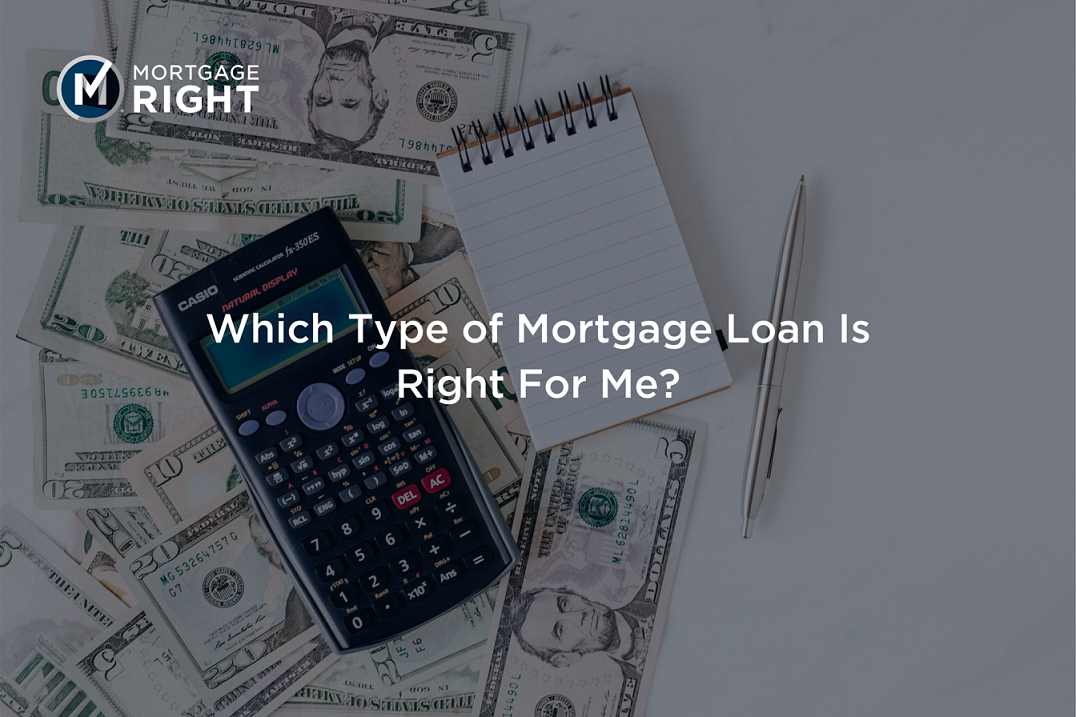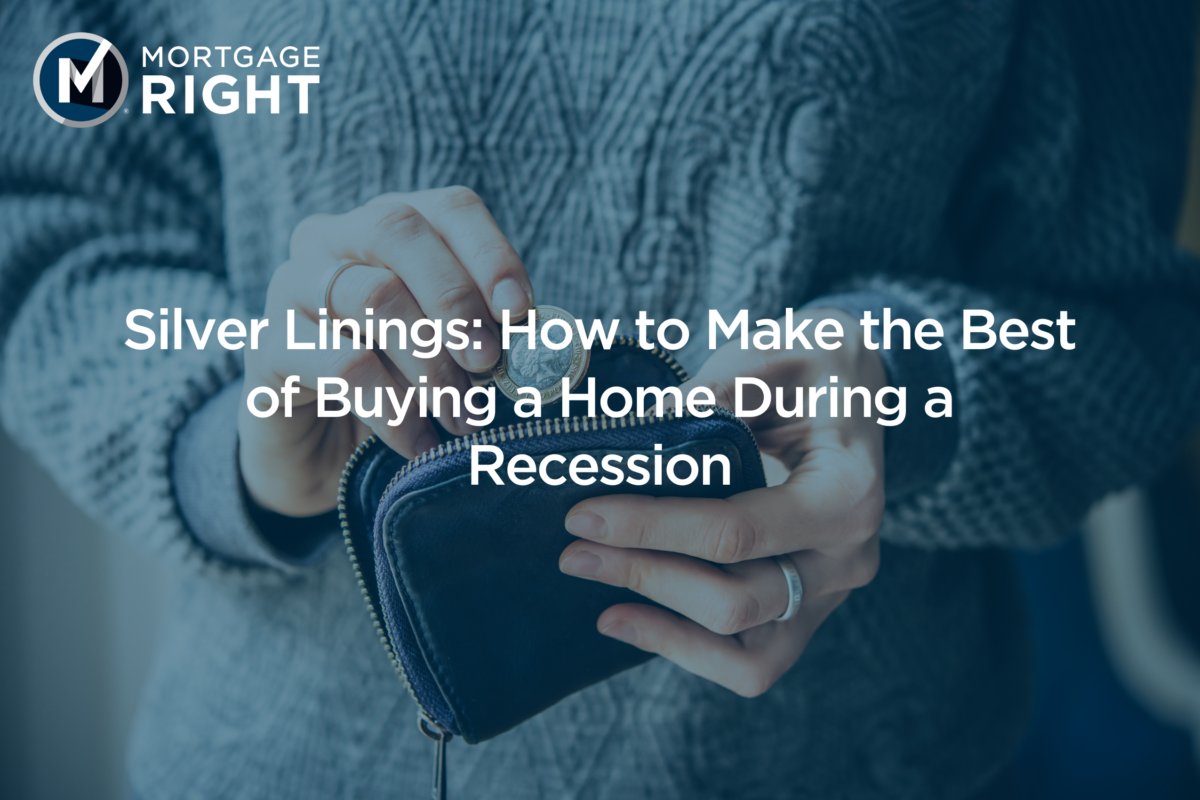
Purchasing a home is an exciting process. However, it can be intimidating when you consider all the decisions and details leading up to closing day.
We want to help make the process just a little easier. To do so, we put together some of the most frequently asked questions about mortgages and the mortgage process – a Mortgage 101, if you will. By the end of this blog, you’ll be even closer to getting your dream home!
- How do I start the mortgage process?
Before submitting your mortgage application, you’ll need to have an idea of the type of mortgage loan you want, ensure your credit report is error-free, choose your lender, get pre-approved, and assemble your loan paperwork.
If that sounds like a lot — just hold tight. We are going to break each of these down further in the following questions.
- How do I know which type of mortgage loan is right for me?
There are many types of mortgages available to choose from based on requirements, interest rates, and availability. Some of the most common are conventional mortgages, government-insured mortgages, fixed-rate, adjustable-rate, and jumbo mortgages.
To help you get an idea of the mortgage that’s right for you, we wrote a blog on each of these types (and more!) and broke them down into their characteristics and benefits. Read about them here!
- Can I get a mortgage loan without a credit score?
It is more challenging to get a mortgage loan without a credit score, but it’s not impossible. As we mentioned in the previous question, you can get an FHA loan with low or no credit. However, this can incur greater costs in the long run with fees and insurance.
If you don’t have a credit score — the best process for you is finding a lender who does manual underwriting. Manual underwriting is a hands-on process that reviews your proof of income, rental history, and other documents to evaluate your ability to pay debts. In addition to documentation, you’ll need to have a sizable downpayment (20% if possible), allowing you to get a mortgage loan — suggest going for the 15-year conventional.
- How should I choose a mortgage lender?
First and foremost, do your research. What are your options? Should you check out a credit union, mortgage banker, or smaller financial institution?
Come with the right questions. The more you know beforehand, the more you are positioned to ask the relevant questions to help you make your decisions. This guide can help! Start by figuring out what type of loan(s) you are interested in and what you can afford.
- What is pre-approval? How do I get pre-approved?
A pre-approval determines how much money you can borrow to purchase your home. Lenders will analyze your income, assets, and credit score to determine the type of loan you can get approved for, how much you can borrow, and what the interest rate will be.
Pre-approval is a practical step in the mortgage process, as you can show sellers that a lender is willing to loan you the money. It makes the searching process more straightforward and can make your offer on a home stronger.
- Are pre-qualification and pre-approval the same?
While they ultimately aim to reach the same goal, a pre-qualification is not as accurate as a pre-approval because it is less in-depth. A prequalification is more of an estimate because you do not have to provide as much information, such as your credit report. However, both are beneficial in giving insight into your loan opportunities.
- What information should I have available when applying for a loan?
You’re getting closer and closer to locking down that mortgage loan! First, you’ll need to submit the official mortgage application through your lender. You’ll also need your ID, proof of income, tax returns, bank statements, retirement or investment account statements, rent history, credit report, and possibly a few others if specified by your lender. You may even have most of these nearby if you have gone through the pre-approval process!
- Do I need to do a home appraisal and inspection? Why?
Yes! Lenders require a home appraisal before issuing a mortgage. Although it’s a worst-case scenario, they want to make sure the home is valued high enough to recover the cost of the loan if the buyer defaults on the mortgage.
Inspections, however, are optional — but highly beneficial. It can often be the deciding factor in finding the home right for you. Here are 10 things buyers should know about home inspections!
- What homes can I afford, and what will my mortgage payments cost?
One of the most important factors to consider before beginning the search for a new home is your budget. You have to consider the down payment necessary for your new home and the monthly cost of the mortgage. Your mortgage payment is affected by a few factors, including your credit, DTI (debt-to-income ratio), and current assets. It also depends on how many years you want to spread the payment over.
Once you have an idea of how much your home will cost, try our mortgage calculator! It will provide a helpful estimate of what your mortgage payment will be each month.
- What does a lender look for when approving my mortgage loan?
As we have mentioned, your mortgage loan approval is affected significantly by your credit history, debt-to-income ratio, and current assets. When checking your credit history, lenders will look for:
- Few to no recent credit applications
- Positive payment history
- Credit utilization (only using around 30% of your credit limit at once)
- Being an authorized user on another account (their activity can reflect your credit)
- Bankruptcies or other negative marks (delinquent account, charge-offs, etc.)
In addition to making sure you have a stable income, your lender will also assess how much of your current income goes to pay off debts. If this is a significant amount, the lender may determine that you are not well-suited to take on more debt, or your interest rate may be higher.
Lastly, lenders will often want to see any bank statements or investments, as high-value assets will reflect positively on your ability to make a sizable down payment or pay your mortgage on time each month.
Bonus Question: Can I Start Now?
Absolutely! At MortgageRight, we help people like you find the mortgage that’s right for you by securing your pre-approval letter and low rates. To start your home buying journey today, head over to our home page and click the quote or pre-approval button in the top right-hand corner. Just a few clicks will get you that much closer to the long-awaited move-in day! Do you have a question that’s not on this list? Feel free to email us at contact@mortgageright.com or give us a call at (205) 776-8401, and we will be happy to answer it for you!
















